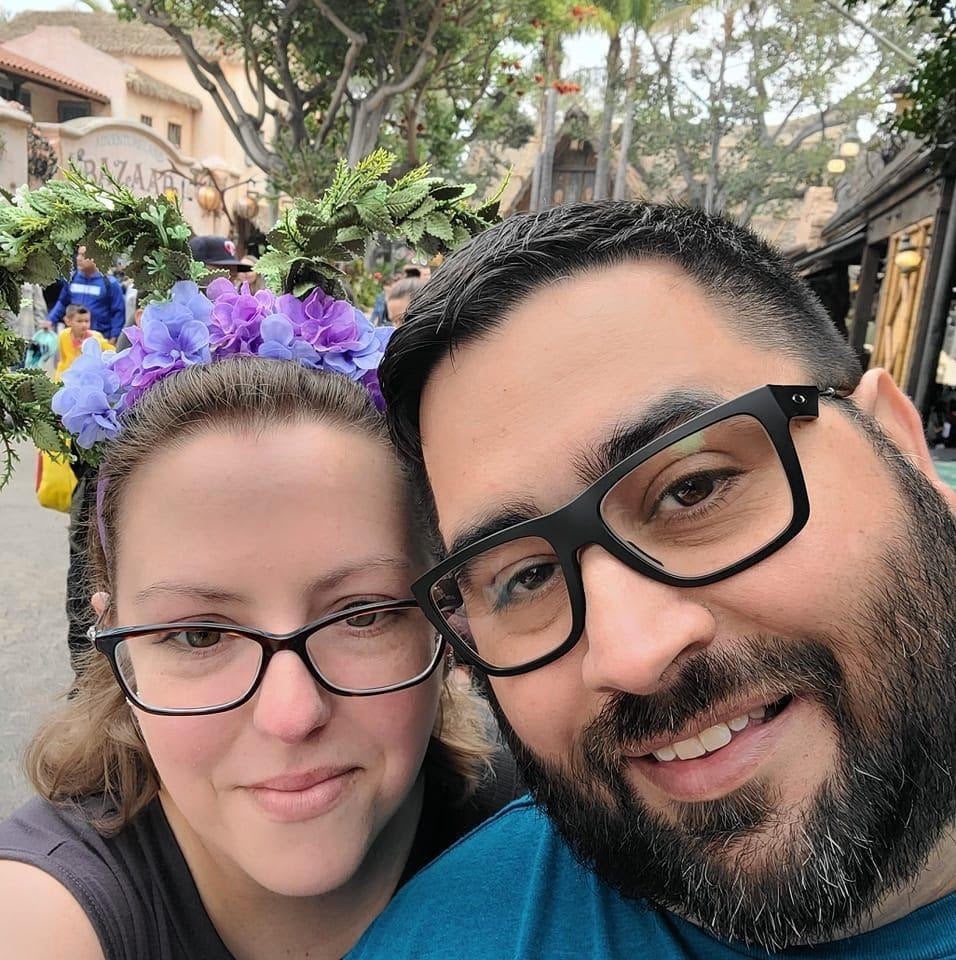
Growing up in the ’80s, Vernon Littlewolf grew alongside technology during its early stages. “Technology grew up with me…technology has progressed with my generation,” he reflected.
As a child growing up on the Yakama Nation Reservation in eastern Washington, Littlewolf was always captivated by technology. The allure of video games and computers served as an escape and sparked his passion for exploring the possibilities offered by emerging technologies.
Despite the challenges of limited resources and a small community, he seized every opportunity available to him, including utilizing the school’s library to learn and engage with computers and programming. It was his way of escaping the hardships of living within the reservation. As he grew older, he knew he wanted more than just a nine-to-five job and living on the reservation.
Littlewolf worked various retail and IT help desk roles but ultimately found his passion in IT support. Much of his background was in network engineering, such as building networks and phone systems. Overall, he worked in IT for 25 years while receiving his Associate of Arts in Information Technology. After a while in the industry, Littlewolf looked at how he could continue improving his skills, and that’s when his colleagues recommended looking into cybersecurity.
Transitioning Life, Work and School
Littlewolf found himself feeling grateful for the opportunities he was provided. He became exposed to the cybersecurity industry, working for a company that helped train him to enhance his security skills. Working in digital forensics helped Littlewolf gravitate towards cybersecurity. Tracing back events and using those findings as part of the investigation is a rewarding feeling.
He found the work in cybersecurity fulfilling and humbling, as many problem-solving skills were needed. Not everything is black and white, so asking for help and having excellent communication skills helped Littlewolf enhance his soft skills. Because of that work and experience, he, along with his wife and kids, moved to Boise, Idaho, where he was provided with a better life and more opportunities in his career. His work in Boise allowed him to meet and connect with other cybersecurity professionals, including folks from Boise State University’s cyber operation and resilience program. This ultimately made him realize that earning his Bachelor of Science in Cyber Operations and Resilience was the right move to make in his ongoing cybersecurity career.
The Balancing Game
Within the first few weeks of the bachelor’s program, Littlewolf knew that this was right for him. Not only was this program flexible enough to balance his personal life and work schedules, but it provided content and knowledge that he was seeking to enhance his career. He was still able to make time for his wife and raise their four children without sacrificing his work.
“If I was really busy with work or with my family on a Monday, for example, I can make up for my school work the rest of the week,” he reflected.
Although he struggled to balance his personal, work and school life initially, it ultimately benefited him. He found his footing and eventually learned to manage time better and become more confident as a student, worker and cybersecurity professional. In addition to Littlewolf’s technical skills, the cyber bachelor’s program helped him improve his skills in risk assessments, auditing and utilizing industry standards as well as his administrative skills in governance, risk and compliance.
After graduating with a Bachelor of Science in Cyber Operations and Resilience, Littlewolf felt that these were the most successful moments of his life: moving to Boise, providing for his family and getting that degree.
When asked if he had any advice for incoming students, he responded, “Be an open book, be hungry for knowledge and skills and take opportunities of what life gives you.” He advises to understand one’s strengths in order to utilize them when entering the field of cybersecurity. There are many options within the field, so using those strengths will help guide you to the right area of cybersecurity.
Inspiring Future Native Americans in Technology and Cybersecurity
With Native Americans making up less than 1% of cyber security analyst positions within the United States, there is a need to encourage more indigenous people to enter the field of cybersecurity and technology.
“I would like to see Native Americans build their skill sets and see it stronger with the ages coming out of this generation,” Littlewolf explains. He would love to see this demographic increase, especially as the internet becomes more prevalent within rural communities and Native American reservations.
Although he lives in Boise now, Littlewolf is still a citizen of the Yakama Nation and returns now and then to visit his family and homeland. He knows that he can be an inspiration to people back home. “There are times that I mentor and teach [people] how I was successful. Being able to tell them there’s more out there, I can paint that story for them.”
As Littlewolf continues being a guiding light for many of his people, he wants to continue learning and growing within the field of cybersecurity. He was recently accepted into Boise State’s Master of Science in Cyber Operations and Resilience. He sees this program as helping him become more successful in the field, and he plans to achieve the CISSP certification and attain a senior role. As he continues working towards success, Littlewolf will be a great inspiration for more indigenous people and a help to his community.
Learn More About Boise State’s Cyber Programs
Are you interested in starting a career in cybersecurity? Follow in Littlewolf’s footsteps and learn how Boise State’s bachelor’s and master’s degrees can help you accomplish your goals.
Bachelor of Science in Cyber Operations and Resilience
Master of Science in Cyber Operations and Resilience
By Ranier Lieberman